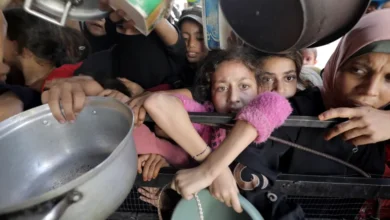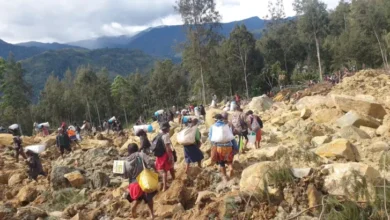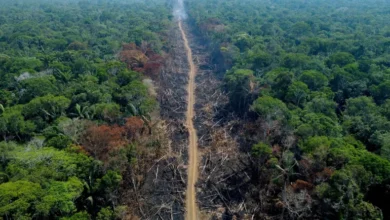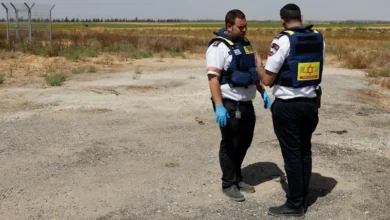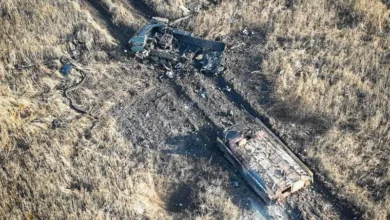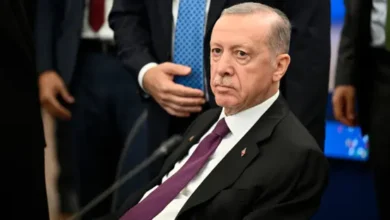Can new Africa Energy Bank power a continent while protecting the planet?
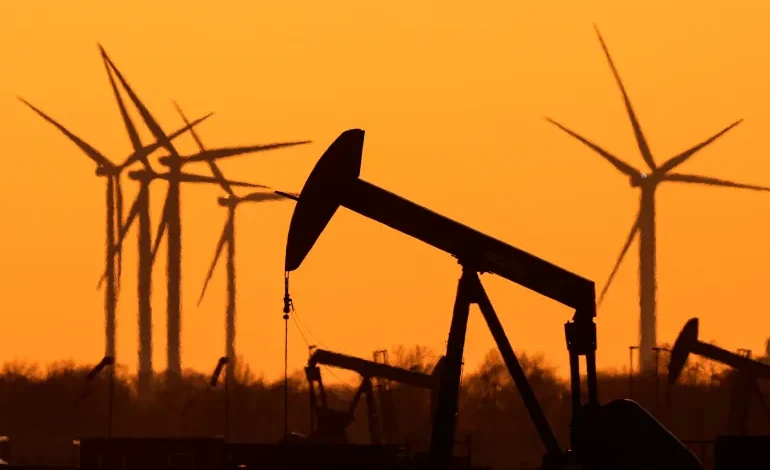
A group of African countries is set to launch a bank to fund oil and gas projects amid growing reluctance by Western institutions to further invest in fossil fuels.
The long-planned “Africa Energy Bank” that is expected to take off soon was announced last June as a joint initiative by the African Export-Import Bank (Afreximbank) and the African Petroleum Producers’ Organization (APPO) – a group of 18 oil-exporting nations.
The bank aims to lift growth by boosting Africa’s energy supply. Its founders consider it a lifeline in a continent rich with natural resources, but where millions of people still lack access to electricity.
However, climate activists have questioned the logic of doubling down on fossil fuels.
In addition, oil and gas projects built today have a high probability of becoming unusable “stranded assets”, leading to costly debt on countries’ balance sheets in the future as the world transitions to low-carbon alternatives.
To provide for the material power needs of Africans while also protecting the planet, experts say a balance is needed.
Caught between a rock and a hard place
Under the 2015 Paris Agreement, hundreds of countries pledged to hold global temperatures to below 2 degrees Celsius (3.6 degrees Fahrenheit) above pre-industrial levels. Since then, governments and companies – including in Africa – have faced increased pressure to reduce their reliance on fossil fuels.
The World Bank stopped financing oil and gas extraction in 2019. In 2022, Shell suspended marine exploration activity off the coast of South Africa after a High Court ordered it to pause work due to successful legal challenges from environmental campaigners.
At the time, Happy Khambule, a senior campaigner for Greenpeace Africa, said, “We must do everything we can to undo the destructive colonial legacy of extractivism, until we live in a world where people and the planet come before the profits of toxic fossil fuel companies.”
For his part, Omar Farouk Ibrahim, secretary-general of APPO, has said there is a “need to strike the right balance between the imperatives of climate change mitigation and the need to avoid social upheaval that could result from difficult economic and financial conditions in Africa”.APPO head Ibrahim says the Africa Energy Bank is the result of Western countries’ “abandon[ing] hydrocarbons” so that “the leaders of the continent have no choice but to look within to raise the required funds to sustain and grow the [energy] industry”.
The Africa Energy Bank will be headquartered in Abuja, Nigeria’s capital.
On February 11, Nigeria’s Minister of State for Petroleum Resources Heineken Lokpobiri told reporters that “the building is ready, and we are only putting finishing touches to it, by the end of this quarter [end of March], this bank will take off.”
Countries involved in the Africa Energy Bank include Nigeria, Angola and Libya, among others. Planned projects are expected to range from offshore oil exploration to new gas-fired power plants.
Each country has pledged $83m and to raise a total amount of $1.5bn. That will be complemented by $14bn from the Afreximbank, a trade credit organisation.
Over the next five years, Lokpobiri said that the Africa Energy Bank is hoping to secure $120bn in assets. Additional funding will likely come from sovereign wealth funds, commodity traders and international banks interested in acquiring equity.
Africa’s context is ‘different’
Many African leaders recognise the need for rapid industrial development and balk at restrictions from Western financial backers, whose rules increasingly bar them from traditional energy projects.
“The moral imperative to cut emissions is not as present in Africa,” said Oqubay.
He told Al Jazeera that, “[these] are countries at a development stage where you cannot suddenly move into the green transition … You cannot just say funding is cut and they cannot commit to oil and gas”.
The African Energy Chamber, an advocacy group, has also argued that Africa has a “sovereign right” to develop its natural resources, which, according to the group, includes 125 billion barrels of oil and 620 trillion cubic feet of natural gas.
“Until [renewable energy] funding becomes more readily available, African countries are entitled to expand their oil and gas capabilities … and the international community does not have the right to say we cannot do this,” said Oqubay.
“But to be clear, fossil fuels are not the future,” he said.
‘Huge’ renewable energy potential
Africa’s energy shortages are a “development constraint”, said Fadhel Kaboub, an associate professor of economics at Denison University in the United States. Africa’s subdued power sector limits the production of fertiliser, steel and cement – hallmarks of economic development.
